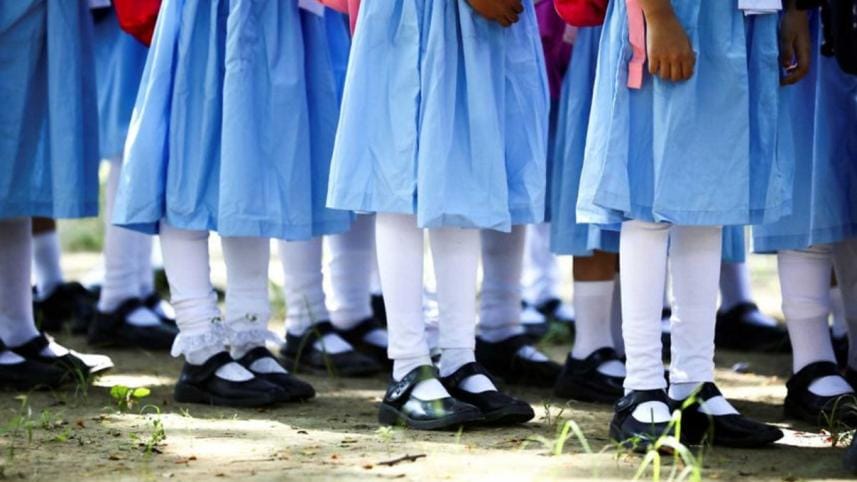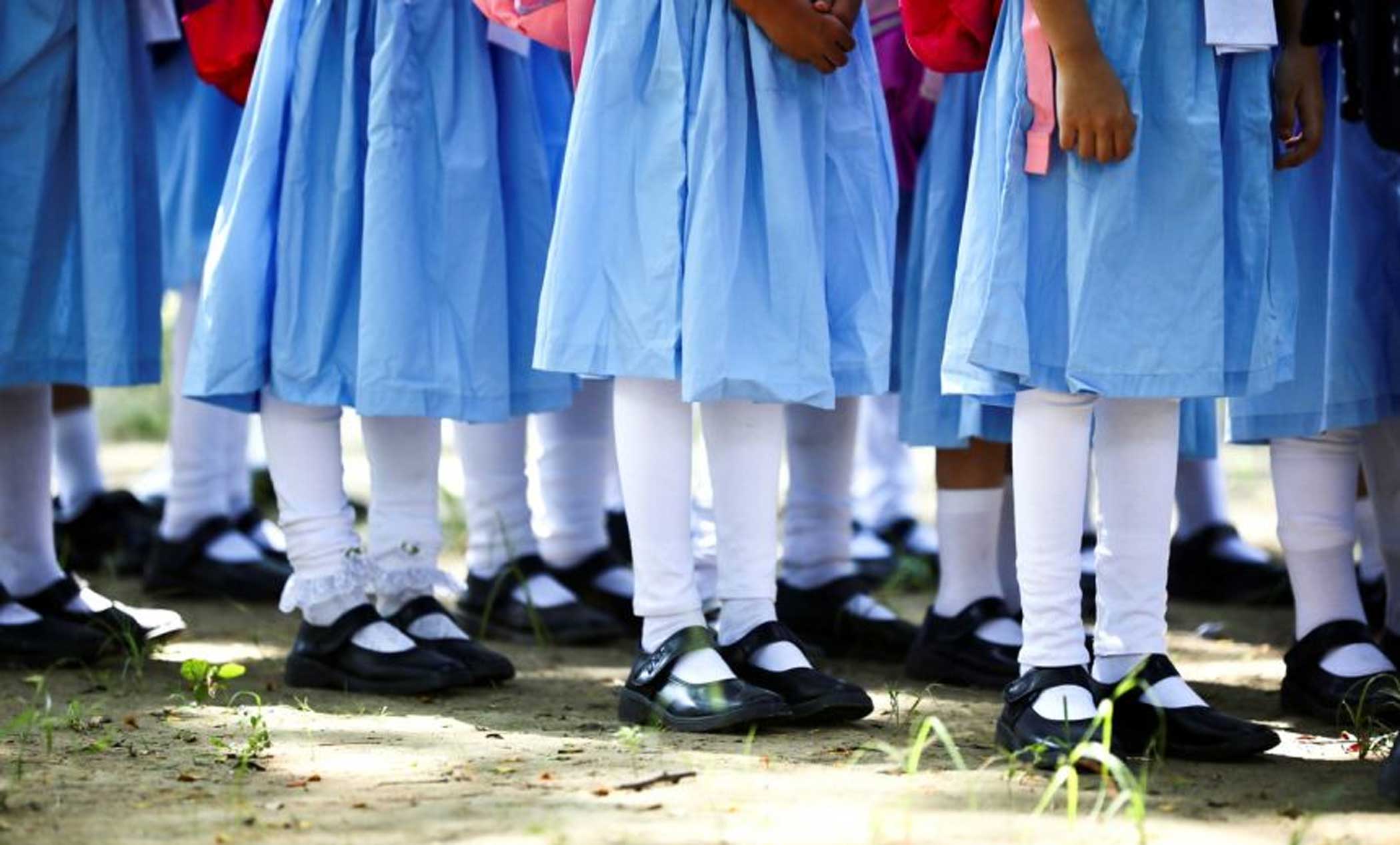How do we help our girl children take the big leap?

We as a nation take a lot of pride in the achievements of our women and girls. Whenever we see them making their mark in various fields, we applaud them for their tenacity and perseverance.
But how many women or girls in our country get the opportunity to chase their dreams?
There is no denying that in the last few decades, especially since the 90s, Bangladesh has made significant progress in empowering girls and women, especially through providing greater access to education and healthcare facilities and fighting child marriage and child labour. Our secondary school enrolment for girls increased to 67 percent in 2017 from 39 percent in 1998, riding on the success of the Female Secondary School Assistance Project (FSSAP), which focused on providing tuition waivers and stipends, among other incentives, to encourage enrolment and retention of girl students in secondary schools. Also many policy measures have been taken over the past two decades to curb child marriage and provide healthcare services to girls, especially with regard to menstrual and reproductive health.
But it goes without saying that these measures are not enough. And to make matters worse, climate change and Covid-induced economic and social shocks have dealt significant blows to the progress we have made over 20-30 years.
During the lockdowns and "general holidays" in the first year of Covid, when schools and offices were closed and national life came to a halt, many families struggled to feed their families without an income. The government's corruption-riddled special social safety packages were not enough to keep these households fed. In such a dire situation, many families opted to marry off their girl children, leading to a sharp rise in child marriage. A report by Manusher Jonno Foundation published in January 2021 revealed that in 2020, there was a seven percent increase in child marriage in the country, with more than 100 such cases being reported and 6,000-plus incidents prevented.
A Unicef report titled "Ending child marriage: A profile of progress in Bangladesh," published in October 2020, suggested that more than 51 percent of our girls are married off before they reach the minimum marriageable age of 18. The report added that of the 38 million child brides in the country, 13 million are married before the age of 15.
Meanwhile, some families send off their girl children to earn a living for their families as domestic helps, and these girls face an entirely different set of problems: dreary working conditions, inhumane working hours, lack of access to sufficient nutrition, battery and torture, sexual abuse, and even trafficking by employers. The nation, unfortunately, is not unfamiliar with the frequent news reports of domestic help suicides – most of them young girls – a manifestation of their desperation and our inaction and failure to ensure their basic human rights.
The girls who successfully pass secondary schools do not find the state of affairs any better; rather, finding or securing access to tertiary education or decent jobs becomes the next obstacle in their journey towards empowerment. While the garments industry has played a pivotal role in empowering semi-educated young women, there are simply not enough jobs in the country, even for university graduates. In 2021, we had an unemployment rate of 5.23 percent. In such a situation, how are young girls with secondary school certification expected to continue their education or find respectable jobs?
As we mark the International Day of the Girl Child today, with the theme "Our time is now – our rights, our future," we should not lose sight of the possibilities of adopting a holistic approach and initiating well-coordinated programmes to eliminate the risks that take away from our girls their right to dream big.
And these problems are being aggravated by an aggressively approaching climate emergency. With families losing homes and livelihood opportunities to natural disasters, young girls are becoming the first victims through marriage or labour. Unfortunately, these desperate families are often taken advantage of by human traffickers, who show them dreams of a better and brighter future and then sell their girls into bondage and sex slavery in foreign lands.
Our policymakers and the relevant authorities must take these issues and challenges very seriously. For our girls to grow empowered and thrive, we should eliminate these risks and obstacles through a comprehensive, multisectoral approach, with the participation of relevant actors from the public, private and development sectors.
While the development sector players have been supporting the government's drive to empower the girls for decades now, in the recent years, private sector players, including big companies – both local and multinational – have come forward to support the empowerment of young girls, from facilitating access to education, to giving them the platform to engage in sporting activities, to promoting their well-being, as part of their Corporate Social Responsibility (CSR) or sustainability agendas. These are good initiatives, but these are also sporadic initiatives. If we can bring together these responsible private sector players and align their plans and investments with national goals – including the SDGs – then we would be able to reap more effective results from such collaborative programmes. The future is unleashing the potential of our girls through creating shared values by multisectoral actors.
As we mark the International Day of the Girl Child today, with the theme "Our time is now – our rights, our future," we should not lose sight of the possibilities of adopting a holistic approach and initiating well-coordinated programmes to eliminate the risks that take away from our girls their right to dream big. Our girls should grow up empowered, confident in the knowledge that they are their own agencies. Only then would they be able to realise their full potential and play their due role in the narrative of a rising, emerging, unstoppable Bangladesh.
Tasneem Tayeb is a columnist for The Daily Star. Her Twitter handle is @tasneem_tayeb




 For all latest news, follow The Daily Star's Google News channel.
For all latest news, follow The Daily Star's Google News channel. 


Comments